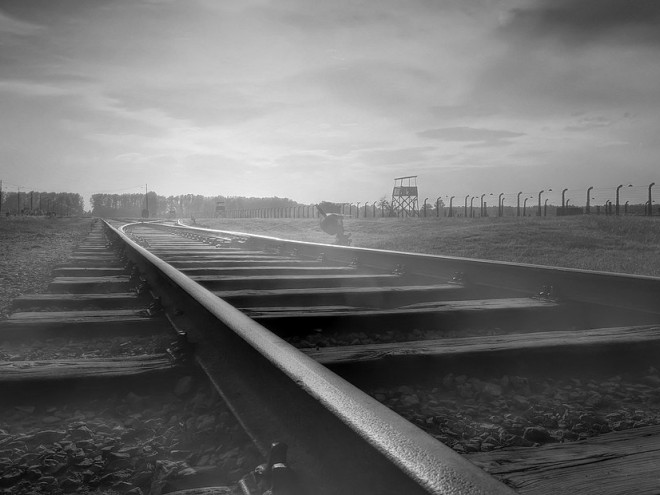The Krakow resistance during the Second World War, and a title word, Kommandant, might predict a drab, cliché-filled novel. Instead, author Pam Jenoff, to her credit, has created a well-written, intensely readable romantic tale — set in dangerous times. Nineteen year old Emma has two lives. In one life she is Emma, a very Jewish bride separated by the war from her groom, Jacob. Love of Judaism, the Kazimierz community, parents, relatives, and friends, all have constrained Emma’s existence when the Nazis move into the Krakow area. In her other life, she is the “girl,” renamed Anna and relocated by the Resistance movement into Krakow, where, anonymous and insecure, she passes as a Polish gentile, and goes to work for the Kommandant in Krakow’s Nazi headquarters.
With her new Polish identity firmly established and accepted, she gains both physical comfort and the daily page-turning and perilous emotional and physical challenges that form the core of the novel. Uncertainty plagues both Jacob and Emma, miles apart and knowing little about each other’s daily life. Sympathetic Poles make occasional appearances. The Kommandant’s human complexity unfolds as Jenoff moves her tale through the war years.
This book, appropriate for upper-school ages and possibly adult reading groups, has a reading guide. Acknowledgements.





